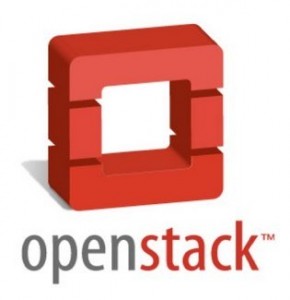 OpenStack just recently released its third distribution. With the release, some people are experiencing déjà vu because they see some similarity with Linux’s early days. Piston Cloud Computing released the latest OpenStack version as it also announced a smaller version of its Piston Enterprise OpenStack, the Airframe. The Airframe is advertised to install in about ten minutes with OpenStack’s core services, like cloud management, networking, storage, and compute, present in the mini-me package. The Airframe is based on Diablo, a previous release of OpenStack. It also has a powerful installer.
OpenStack just recently released its third distribution. With the release, some people are experiencing déjà vu because they see some similarity with Linux’s early days. Piston Cloud Computing released the latest OpenStack version as it also announced a smaller version of its Piston Enterprise OpenStack, the Airframe. The Airframe is advertised to install in about ten minutes with OpenStack’s core services, like cloud management, networking, storage, and compute, present in the mini-me package. The Airframe is based on Diablo, a previous release of OpenStack. It also has a powerful installer.
Earlier in August, Rackspace started distributing OpenStack to its users. Alamo, Rackspace’s OpenStack package, was released for free download latter part of that month. Red Hat, on the other hand, distributed its preview format of OpenStack at almost the same time as the release of Alamo. It can be noted that Essex is the basis of Red Hat’s and Alamo’s distributions. Although there’s not much difference between the various software distributions, it’s good to know that users do have a wider choice.
Although some people would like to believe that OpenStack is treading the same path as that of Linux, it is interesting to consider that OpenStack has gotten everyone interested right at the very beginning. Red Hat, a well-known Linux vendor, made some pronouncements last year that OpenStack’s commercial management can be detrimental. However, it is surprising to note that the company is now currently engaged with OpenStack. As for the difference between OpenStack and Linux, Red Hat have emphasized that OpenStack is a commercial project while Linux was built by a community of developers which was later adapted by commercial providers.
On the other hand, there is a brewing similarity with Linux and OpenStack. Linux has been released for users to use freely. However, if these users do encounter problems they can take advantage of the commercial version of Linux because the free versions don’t have support and service. With the release of free versions of OpenStack, experts are beginning to believe that it will tread the same path taken by Linux. Bloggers and the media have called OpenStack as the “Linux of the Cloud” but neither OpenStack nor Rackspace has ever used that label to refer to OpenStack. As it is, OpenStack is a cloud management platform which is open source with commercial vendors taking interest this early. And such, is its main difference from Linux.